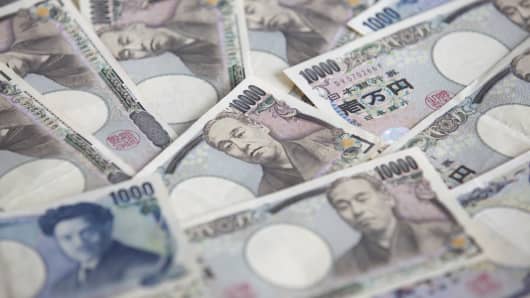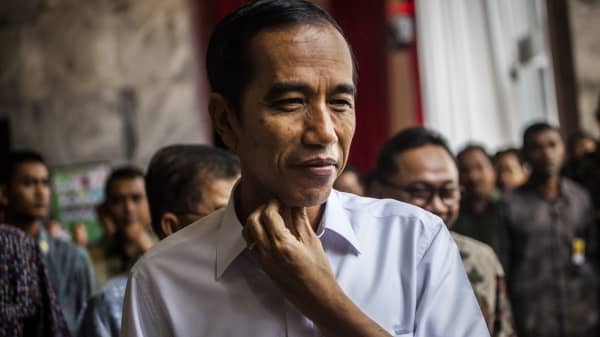By the time you read this Monday morning, it is possible that East Asian equity prices will be moving up smartly in sympathy with a sharp rebound of European and American markets.
The reasons behind a partial reversal of what seems to have been a "technical correction" in Europe and in the United States also apply – with a much greater force – to East Asia.
Indeed, the region's economic fundamentals remain very strong – if you choose to ignore (as I do) the nonsense about China's economic collapse, and if you believe (as I do) that Japan will continue to stay more-or-less afloat on the strength of the weak yen, huge liquidity and a very likely temporary step back from further fiscal tightening.
Positive events and large excess savings
The monetary easing in South Korea last Tuesday (October 14) was a positive signal for region's economies, especially since that was unlikely to have been the last interest rate cut. Decelerating inflation, weakening growth dynamics -- a significant slowdown of economic activity in the second quarter, and a continuing decline of industrial production since then – along with an 8 percent currency appreciation against the Japanese yen over the last twelve months leave room for further cuts of the current 2 percent repurchase interest rate.
Read MoreSouth Korea central bank cuts interest rates to boost economy
Another positive signal was a show of increasing political harmony in Indonesia. The country's new President Joko Widodo got last Friday (October 17) a pledge of support and a promise to cooperate from his erstwhile election opponent Prabowo Subianto, a powerful politician whose coalition parties control two-thirds of the parliament.
This is a crucially important development because Mr. Widodo will need strong political help for a large program of reforms and investment plans to improve infrastructure, consolidate public finances and simplify the regulatory environment affecting domestic and inbound foreign direct investments.
Indonesia is already one of the best performing stock markets in East Asia. Since the beginning of the year, the Jakarta Stock Exchange is up nearly 18 percent – partly on expectations that the new government will continue and speed up reforms, and that a relatively well-balanced macroeconomic conditions will be maintained. Last Friday, Indonesian equities soared 1.6 percent, marking by far the largest one-day gain on East Asian bourses.
Apart from these two encouraging signals from the third- and fourth-largest economies in East Asia, investors may also wish to note that – excluding China and Japan – this area currently has nearly $250 billion in excess savings and roughly balanced public sector accounts.





